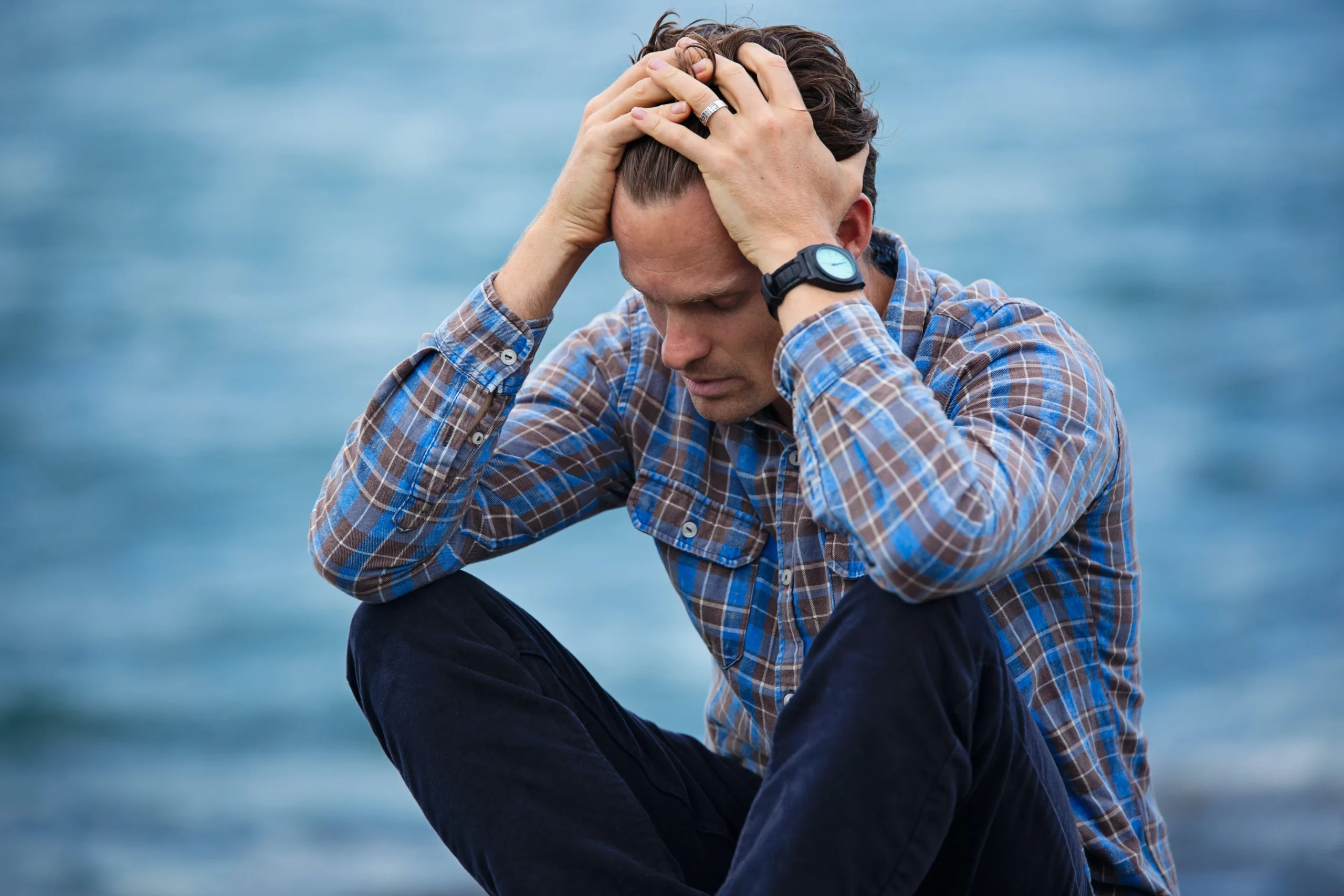So many people nowadays seem to experience anxiety. According to the National Institute of Mental Health, anxiety is the most common mental condition in the United States. That’s 40 million adults (18% of the population) who struggle with anxiety. About half of people with depression also experience anxiety. Therapies and medications can help relieve anxiety, yet only about a third of people seek treatment. Thankfully, there are a number of treatment options that help with anxiety.
Diet plays an important role in helping manage anxiety. Eating a balanced diet, drinking enough water and limiting or avoiding alcohol and caffeine are important. Whole grains, vegetables, and fruits help maintain an even blood sugar which helps with a calmer feeling. Anxiety is thought to be correlated with lower antioxidant levels, so eating foods like beans, fruits, berries, nuts, vegetables and spices like turmeric and ginger will help. Additional foods that have been shown to reduce anxiety are foods high in magnesium (legumes, nuts, seeds and whole grains), zinc (oysters, liver, beef, egg yolks), foods containing mega-3 fatty acids (salmon), probiotic foods (pickles, sauerkraut), asparagus, and foods high in Vitamin B (avocados and almonds) are great!
Pay attention to your breathing. If you are breathing quickly, slow it down. Focus on breathing deeply. Sit up straight and take a long breath in through your nose, hold it for the count of three and then exhale slowly while relaxing the muscles in your jaw, shoulders and abdomen. This will slow your heart rate and lower your blood pressure.
Notice your surroundings. Can you make changes to your environment that will reduce your feelings of anxiety and increase your sense of peace? This could include certain people, areas with loud noises, or situations at work. Try going into a quiet room, or taking a walk around the block or your workplace.
Meditate. Pray. Research has shown practicing meditation or prayer can reduce anxiety. This becomes easier when you have developed a habit of doing these things. If you become distracted, refocus and continue.
Physical activity will help ease anxiety. Walking, gentle forms of exercise, stretching and strengthening exercises such as the classes held at St. Therese on Mondays, Wednesdays and Fridays at 9:30am is a great way to exercise and make new friends.
Listening to music is another great way to help with anxiety. According to a study in 2015, people with anxiety benefited from listening to music and it also lowered their blood pressure and heart rate.
Reach out to a family member/friend you can trust to talk about your anxiety. Talking to someone can offer a new perspective on your situation. It’s comforting to talk to someone who cares about you. If you have no one that you can talk with, consider talking to your priest or a counsellor.
Laughter is also a good way to increase your oxygen levels and help muscles relax. Although you may not feel like laughing, sometimes doing so helps to refocus. Watch a good comedy movie, or call a friend that makes you laugh!
Take up a hobby that will help take your mind off of yourself. If you are artistic, draw or color a picture. Consider starting a gratitude journal which will help reduce negative thoughts and help you remember the good things in your life.
Practice self-care. This might be getting a massage, facial or manicure. Take a warm bath or shower. Read a good book. Sit outside. And, disconnect from the computer and phone. Anxiety can creep up when scrolling on social media. Scrutinize TV usage since the news can increase anxiety.
We are all different and different things work for different people. Think about what makes you happy and do it. If you love being with a friend, call them up. If you love being with your kids or grandkids, plan an event with them. If you love being with your dog, take them out for a walk. Consider joining a social group like the Rambling Roses Seniors at St. Therese which meets monthly on the first Thursday at 9:30am, or sharing your time and talent by joining a St. Therese of Lisieux Ministry. We have a number of ministries like the Health Ministry, the St. Vincent DePaul Society, the Circle of Friends, the Grief Ministry, and the Special Events Hospitality Group. These are just a few of the many ways you can participate in our church.
Take some time to think about what YOU like to do, and then stop at the parish office to get a list of all of our activities and sign up for something. Focusing on others will help relieve some of the anxiety you are feeling.
References:
• https://www.health.harvard.edu/blog/nutritional-strategies-to-ease-anxiety-201604139441, by Uma Naidoo, MD., August 28, 2019.
• https://reallifecounseling.us/blog/reduce-your-anxiety, Real Life Counselling, 10 Ways to Reduce Your Anxiety and Immediately Relax, 2023


